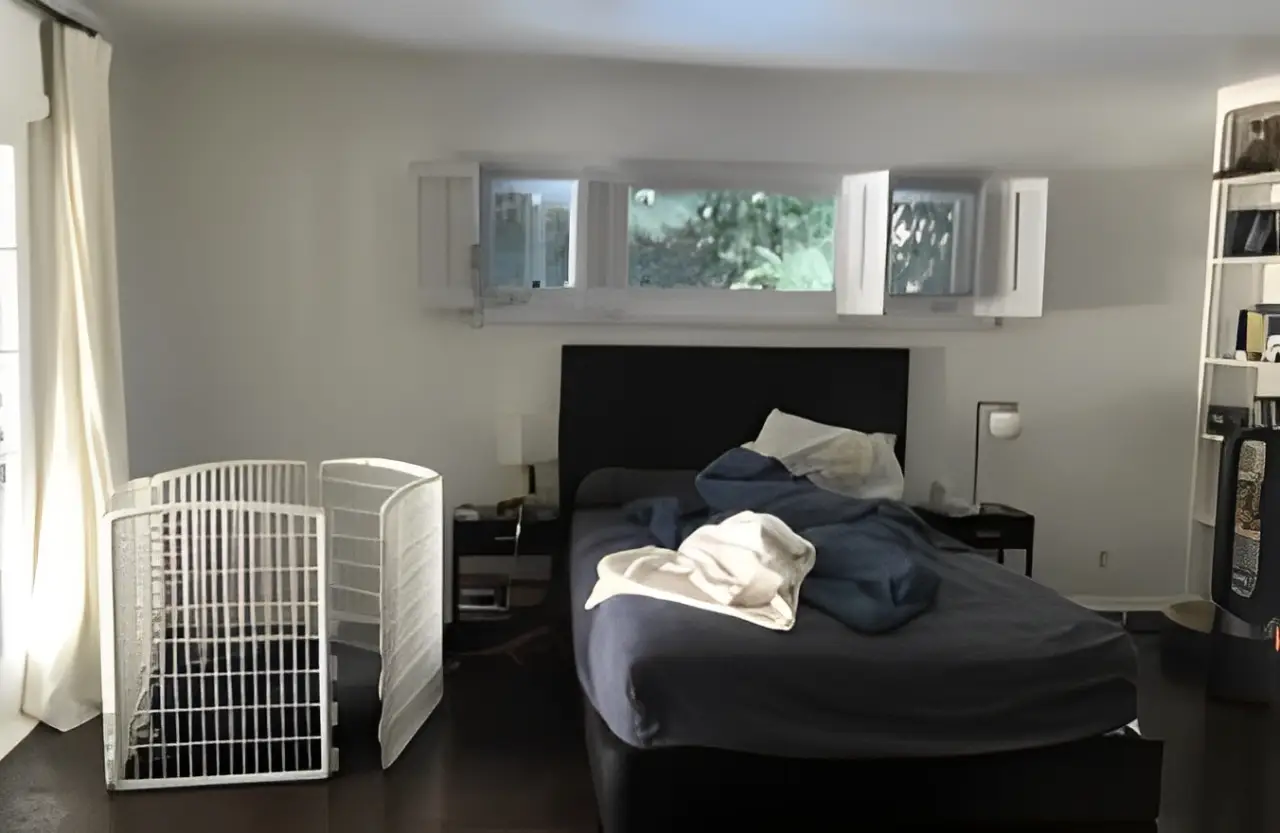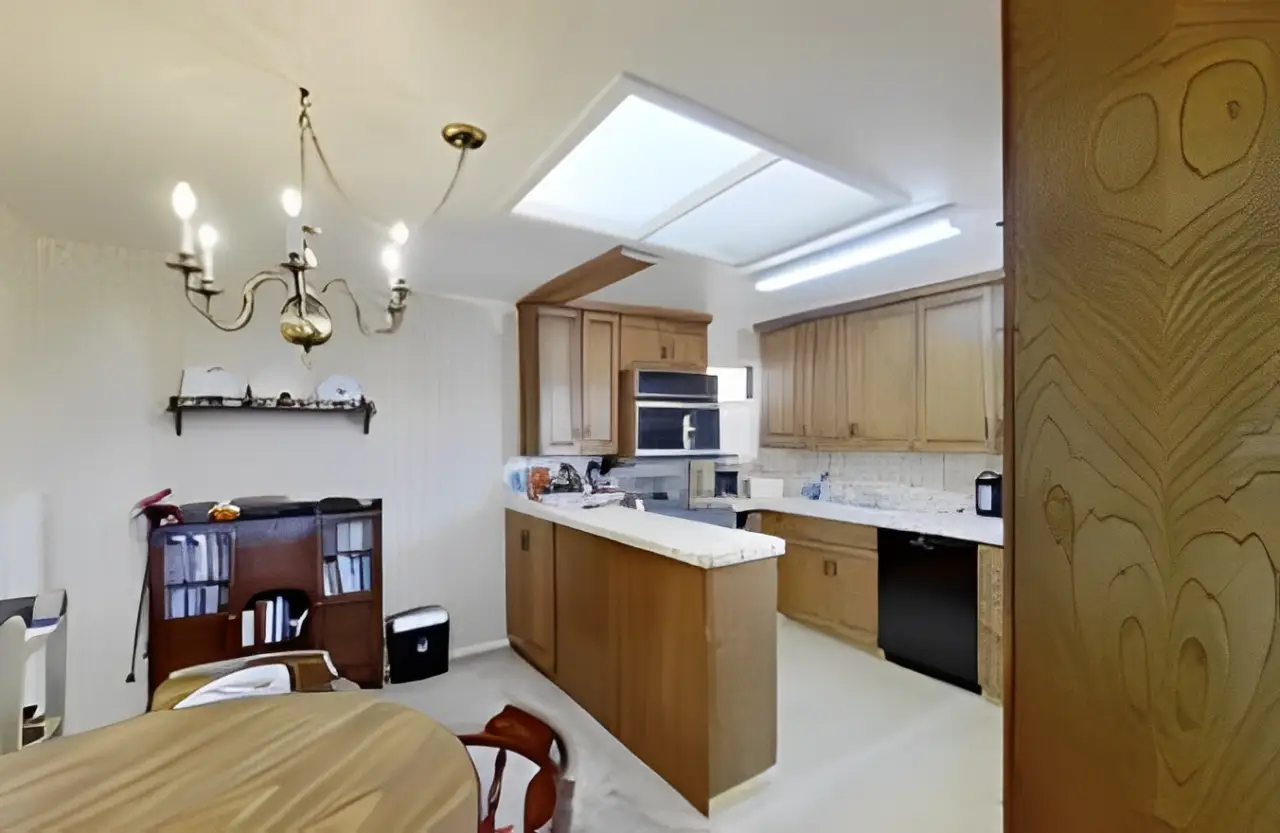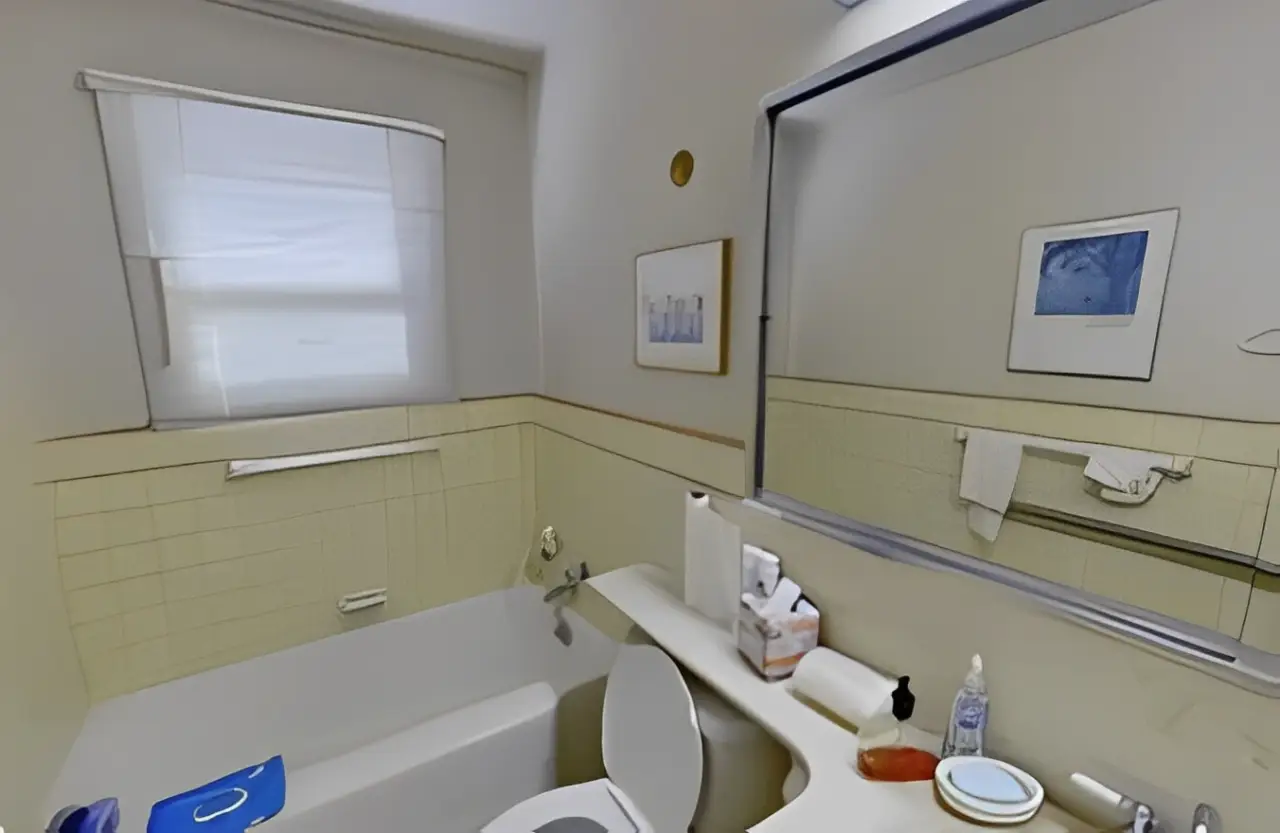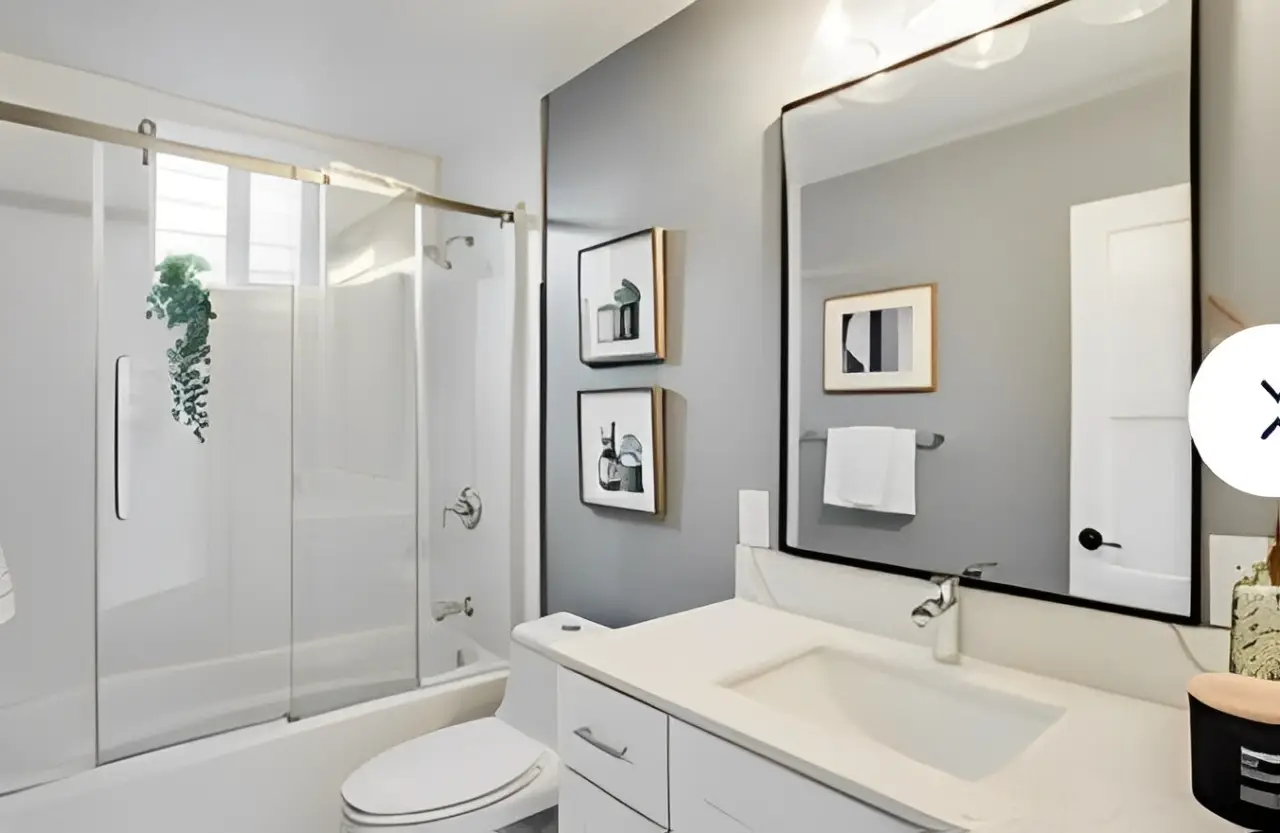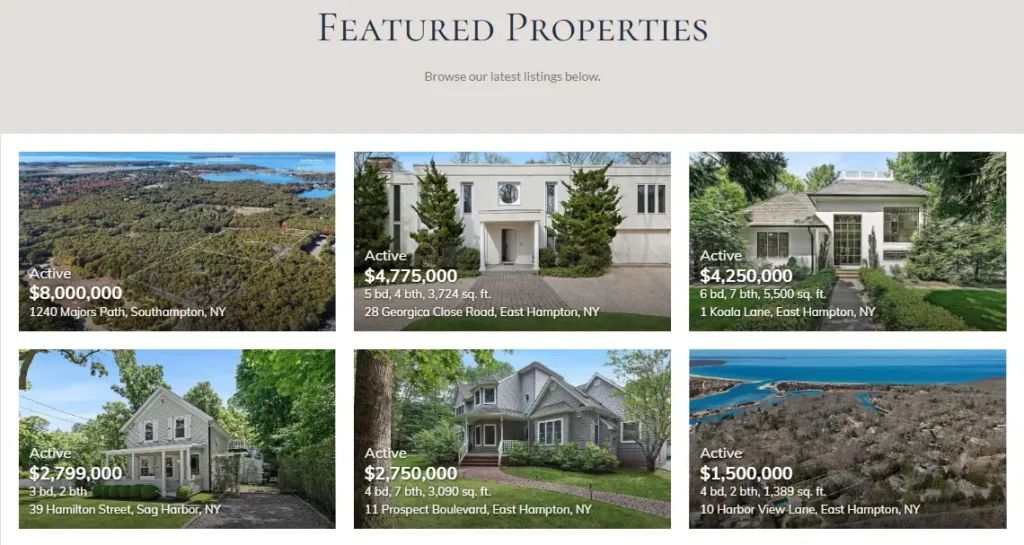The Hamptons, with its idyllic landscapes and luxurious properties, is a dream destination for many homebuyers. However, owning a home here comes with responsibilities, one of which is understanding property taxes. For potential homeowners in the Hamptons, navigating property taxes can seem complex, but gaining clarity is essential for making informed decisions. This guide will walk you through the basics of property taxes in the Hamptons, what to expect, and how to plan.
What Are Property Taxes and How Are They Calculated?
Property taxes are annual taxes levied by local governments to fund services such as schools, road maintenance, public safety, and more. In the Hamptons, property taxes are determined based on the assessed value of your home and the local tax rate.
1. Assessed Value: This is the value assigned to your property by the local tax assessor. It may differ from the market value of your home.
2. Tax Rate: Also known as the “mill rate,” this is the percentage applied to your property’s assessed value to determine the amount you owe.
Formula:
Property Tax = Assessed Value × Tax Rate
For example, if your home has an assessed value of $1,000,000 and the local tax rate is 2%, your annual property tax would
be $20,000.
Property Tax Rates in the Hamptons
Property tax rates vary by town and village in the Hamptons. Some areas have higher rates to support local services and schools, while others may offer slightly lower rates. Here’s a quick breakdown:
Southampton Town: Offers relatively moderate property tax rates but includes additional taxes for certain school districts.
East Hampton Town: Known for its slightly lower rates compared to Southampton, but it varies based on village specific taxes.
Sag Harbor and Montauk: Villages like Sag Harbor may have additional taxes for historic preservation, while Montauk has distinct rates for its coastal setting.
It’s essential to check with the local tax assessor’s office for the exact rates and any additional levies in the specific area you’re considering.
Factors That Affect Property Taxes in the Hamptons
1. Property Location: Homes in exclusive neighborhoods or waterfront properties often have higher assessed values, leading to higher taxes.
2. Home Size and Features: Larger homes or properties with luxury amenities, such as pools or guesthouses, typically have higher taxes.
3. School Districts: Properties in highly rated school districts may have higher taxes to support educational funding.
4. Exemptions and Rebates: Certain exemptions, like those for seniors or veterans, can lower your property tax bill.
Steps to Understand and Estimate Your Property Taxes
1. Review the Property’s Assessment: Request the property’s assessed value from the local tax assessor or check the public records.
2. Ask for the Tax Rate: Confirm the current tax rate with the local municipality or village where the property is located.
3. Calculate Your Tax Bill: Use the formula (Assessed Value × Tax Rate) to estimate your annual property taxes.
4. Consult Your Realtor: A knowledgeable local realtor, like myself, can provide insights on property taxes for specific neighborhoods and help you understand the implications.
Tax Exemptions and Reductions
New York State offers several property tax exemptions that may be applicable to Hamptons homeowners:
STAR Program: The School Tax Relief (STAR) program provides tax relief for eligible homeowners on their primary residence.
Senior Citizens Exemption: Seniors aged 65 and older may qualify for reduced property taxes based on income.
Veterans Exemption: Qualified veterans can receive property tax reductions.
Be sure to apply for any exemptions you may be eligible for to reduce your tax liability.
Planning for Property Taxes as a Homebuyer
1. Budget Accordingly: Factor in property taxes when calculating your total monthly housing costs, including mortgage payments and insurance.
2. Understand Tax Increases: Property taxes may increase over time due to reassessments, new levies, or changes in tax rates.
3. Work with a Local Expert: A realtor familiar with the Hamptons market can help you find properties with manageable tax rates and explain how taxes will impact your investment.
FAQs About Property Taxes in the Hamptons
Q: Are property taxes higher in waterfront areas?
A: Yes, waterfront properties often have higher assessed values, resulting in higher taxes.
Q: Can property taxes be appealed?
A: If you believe your property is over-assessed, you can file a grievance with the local tax assessor to request a reassessment.
Q: How often are property values reassessed?
A: Reassessment schedules vary by town, but typically, reassessments occur every few years or after significant property improvements.
Why Understanding Property Taxes Matters
For many homebuyers, property taxes are one of the most significant ongoing costs of homeownership. In the Hamptons, where real estate values are high, understanding your property tax obligations is essential to avoid surprises and plan your budget effectively.
By educating yourself about local tax rates, potential exemptions, and the factors that influence assessments, you can make confident decisions when purchasing your dream home in the Hamptons.
Contact Niko Cejic, with Douglas Elliman
Phone: 631.329.9400
Let me help you navigate the Hamptons real estate market with ease, offering guidance on everything from property taxes to finding your perfect home. Stay informed with more expert tips and local insights!



